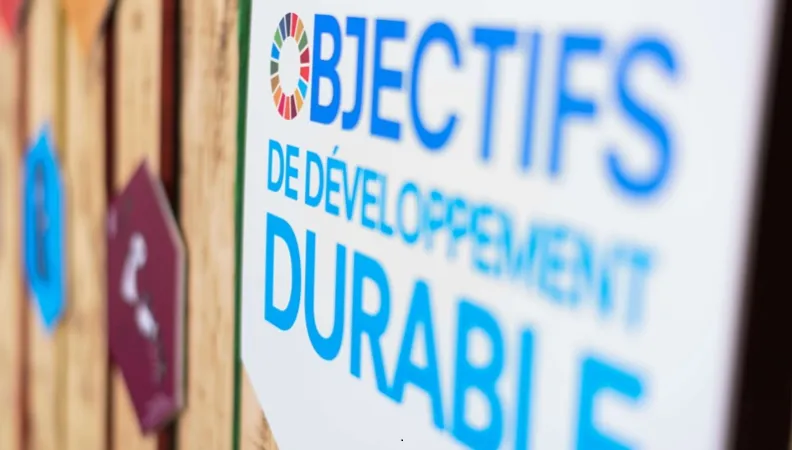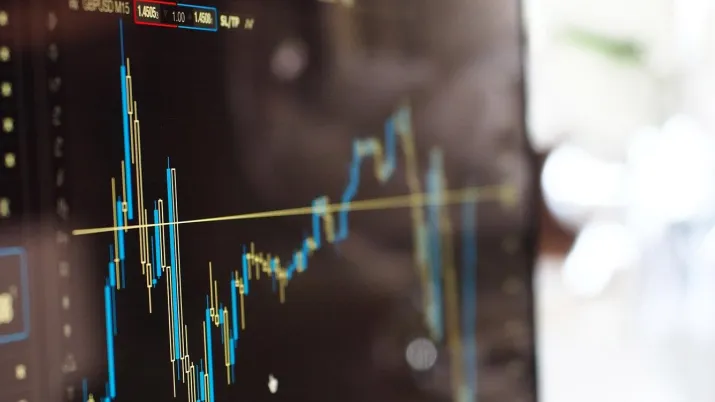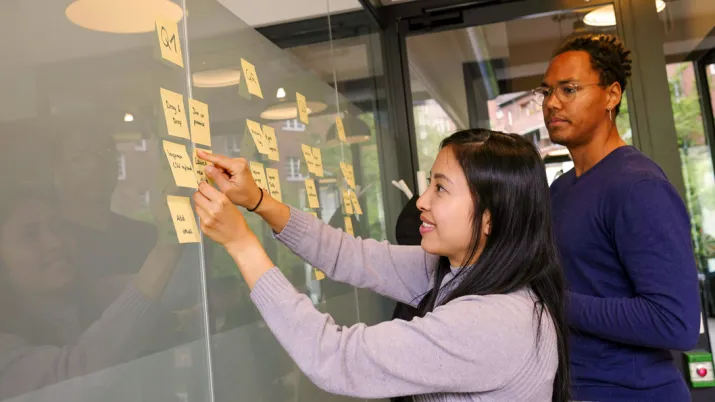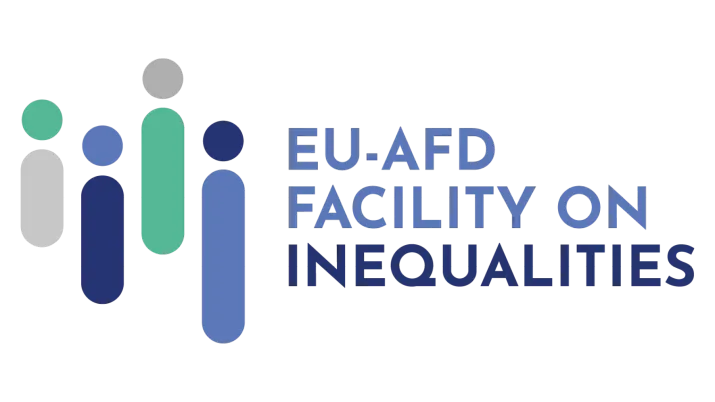Share the page
The Sustainable Development Goals are 10 years old: how AFD Group aligned its operations with the SDGs
Published on

Adopted in 2015 by the United Nations, the 17 Sustainable Development Goals and their 169 targets – or sub-goals – aim to address the world's most critical challenges by 2030: poverty, inequality, climate change, biodiversity, water, energy, peace, education, and so on. France was actively involved in their adoption and, through AFD Group, remains 100% aligned with the SDGs.
No poverty, zero hunger, good health and well-being, and gender equality. In September 2015, the United Nations General Assembly adopted the 17 Sustainable Development Goals (SDGs), building on the momentum that began in 2000 with the Millennium Development Goals.
France contributed significantly to this new strategic proposal. "That year, the United Nations gave member states the opportunity to develop a new strategic development cooperation framework, and France played a key role in this process," says François Pacquement, History and Strategic Thinking Officer at AFD.
The SDGs are 10 years old: our series of articles
AFD immediately adopted these new global goals as a reference framework, while working across the world to promote the sustainable transformation of societies, peace, and solidarity, in particular, by aligning norms and standards with the SDGs, as well as climate and biodiversity challenges.
100% SDG alignment
AFD Group has thus set itself the objective of becoming the first public development bank to be 100 % aligned with the SDGs. Moreover, this commitment is one of its four strategic priorities for the period 2025-2030. In practical terms, this means focusing on the impact and quality of the Group's offering, and ensuring that all its activities incorporate the main overarching issues of our time – including the planet, social cohesion, and democracy – while not hindering progress in any of these areas.
"Our mission is to ensure that our financing and impact are aligned with the major commitments made by France to advance the Sustainable Development Goals and fight climate change," says Elsa Duret, lnternational Partnerships Advisor at AFD.
To achieve this goal, AFD Group uses a decision-making guide: the Sustainable Development Analysis and Opinion Grid. It is one of the first donors to assess projects against all the SDGs from the appraisal stage. It conducts a thorough analysis for each project based on six key areas: biodiversity, climate, social cohesion, gender, governance, and the economy. An organization that is independent of AFD's operational departments also issues an opinion to inform the decisions of AFD's governing bodies – except for certain categories of project.
"These six key areas demonstrate how we have incorporated the Sustainable Development Goals into our operational framework, which is now used by AFD, Proparco, and Expertise France," says Thomas Melonio, Chief Economist at AFD.
AFD Group's analysis grid also includes an exclusion list for new projects financed in foreign countries and Overseas France. It defines the types of activities that AFD refuses to finance, based on environmental, social, ethical, or regulatory criteria, or its strategic decisions. This mandatory step is taken prior to project appraisal, and is then used as a benchmark throughout operations, thus potentially leading to withdrawal in the event of proven breaches.
Sustainable bond issues
Following these detailed checks, the AFD Group can issue sustainable bonds, also known as "Sustainable Development Bonds", on the financial markets. This framework for issuing SDBs helps investors to direct financing toward sustainable projects and to accurately assess the expected benefits and impact of the projects financed, for example, tons of CO2 avoided.
In 2024, AFD Group borrowed €4.43 billion from investors via this mechanism, accounting for over half of its annual borrowing program. "This is a strong and ongoing trend. It positions us as a leading player in terms of the SDGs," says Thomas Melonio. The goal is to achieve 100% sustainable financing, in alignment with the 2030 Agenda.
This approach has inspired other public development banks. As a member of influential coalitions such as the Joint European Financiers for International Cooperation (JEFIC), the International Development Finance Club (IDFC), and the Finance in Common (FiCS) network, which together account for nearly 15% of global investment, AFD has a key voice in debates on sustainable finance.
In 2020, public development banks from around the world attended a first summit based around shared objectives: Finance in Common (FiCS). Hosted by AFD Group, this network now comprises more than 530 financial institutions and is recognized by the UN as a major player in public development financing.
In alignment with SDG 17 "Partnerships for the Goals," the Group plans to expand its actions on the ground and mobilize forces for change to drive the SDGs forward, through three priority and complementary channels: financial mobilization, citizen and partnership-based mobilization, and the mobilization of knowledge, technology, and expertise. This commitment has been incorporated into its 2025-2030 Strategic Orientation Plan.
Evaluating AFD's impact
The impact of AFD Group's alignment with the SDGs was first evaluated via an initial assessment of its activities in Indonesia, where it granted a total of €3.5 billion in financing between 2007 and 2023 for over 60 projects.
While the assessment of key impacts is not perfect, this independent evaluation demonstrated that AFD's actions are aligned with the country's strategies, are relevant to its challenges, and consistent with AFD's overall strategic planning.
As a result of this work, major progress has been made in several areas: "reducing CO2 emissions, protecting the terrestrial and maritime environment, improving urban infrastructure in densely-populated areas–with a direct impact on the quality of life of local people–and improving financial services."
The report highlighted AFD's participatory and partnership-based approach, the role of co-financing between donors, and the added value of providing even limited resources for technical assistance to maximize the impact of loans.



